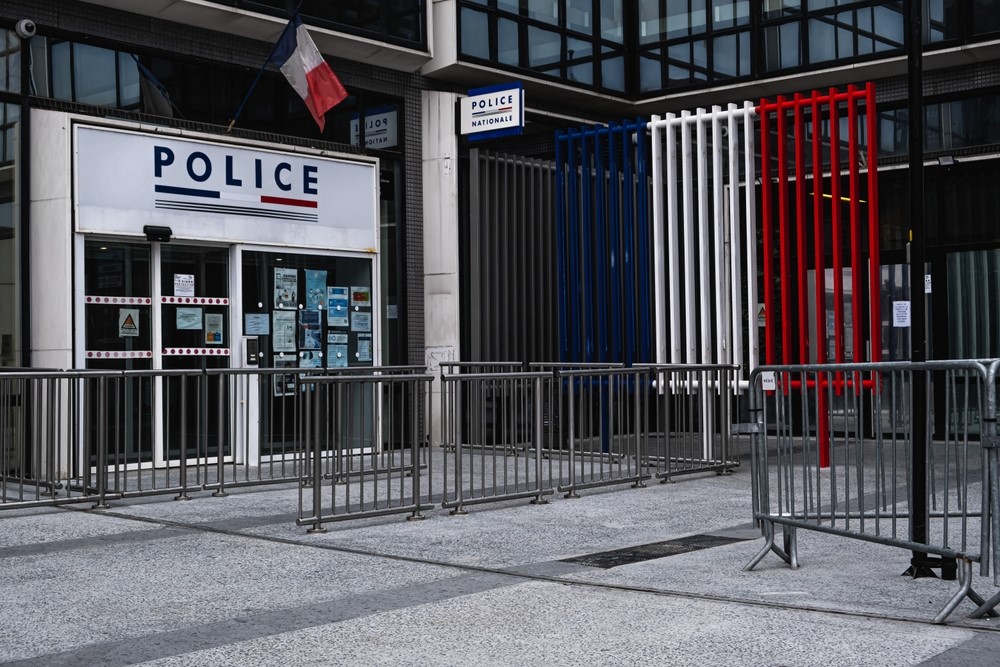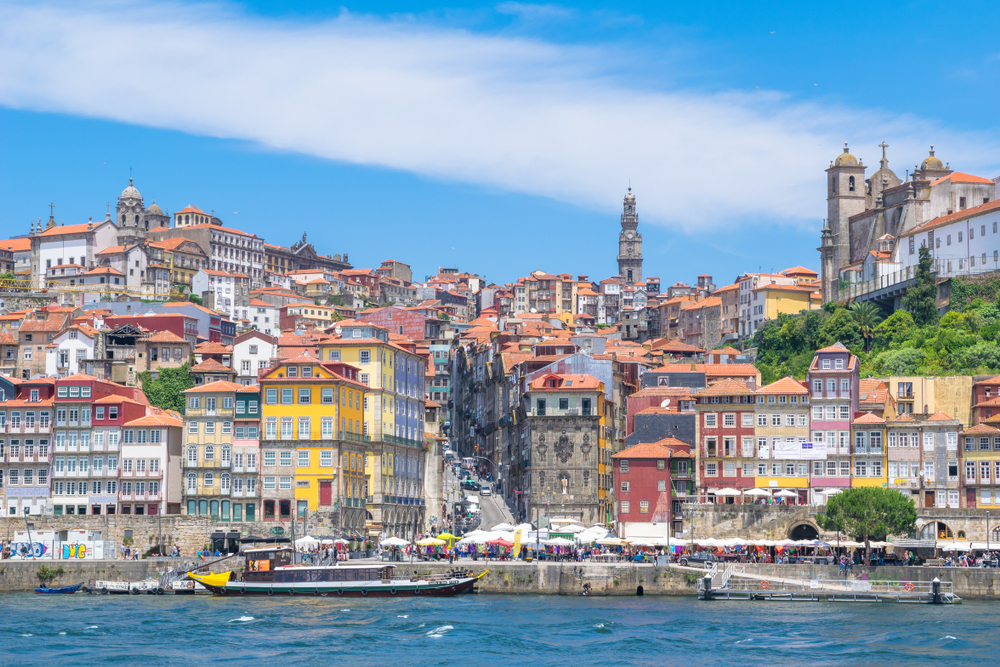In France, the question of racism has never been a central tenet in the discourse of cannabis law reform advocates. The lack of connection and engagement between these two fields is increasingly at odds with the wider racial tensions within French society, but it may explain why there has been such a delay in the democratisation of drug policies.
That is why the proposal of the Economic, Social and Cultural Council (CESE) to establish a temporary commission on cannabis must target and address the underlying chronic racism in the policing of cannabis in France.
Today, the issue of race features prominently and obsessively across debates in French society, whether it is about religion, security, education, colonial memory and of course immigration. The 2022 presidential campaign saw all the right-wing parties unite with the National Rally (RN) and Reconquête, political projects which incessantly stoking debates against the immigration of African and North African people into France. Marine Le Pen, the RN candidate, won 42% of the vote in the second round against incumbent President Emmanuel Macron, simultaneously gaining 89 parliamentary seats.
Drug trafficking has been a core message for RN, alongside a concern for growing political Islam. This discourse, deemed radical just a decade ago, is now part of the mainstream public debate, continuously disseminated on news channels despite several complaints for incitement of racial hatred.
Parallel to this political current, we can see that the winds of cannabis reform, felt across the world, have not blown past France. The United States, Latin America, Canada are increasingly experimenting with models of cannabis regulation. In Western Europe, there is progress within decriminalisation, a progressive step away from the prohibitionist drug war model. Yet in France, the 1970 law which punishes simple possession with incarceration remains in place, a seemingly insurmountable roadblock for reform. And while the incarceration of cannabis consumers remains thankfully rare, police powers have seen an exponential growth, with escalating violence to fight the drug war, which particularly manifests itself as a targeting of minorities.
It is therefore tempting to examine both phenomena together and draw the conclusion that the lack of human rights and racial discrimination discourse by French drug policy advocates reformists is weakening the scope of possible drug policy reform.
The European leaders of cannabis
France is the leading consumer of cannabis in Europe, before moving to third place in 2022 (out of 27 nations). Consumption occurs widely across society, particularly by white middle classes with more financial means. However, xenophobic and racist discourse has historically targeted Black or Arab drug traffickers in French society. Many works have popularised the idea that whole sections of the country are exempt from the law, portrayed as “lost territories of the republic”, a cultural reference to a famous pamphlet hostile to immigration that was published in 2002.
In line with the fight against heroin in the 1980s and 90s, the war against cannabis has been waged since the 2000s, leading to the mass incarceration of young people of African descent. The superposition of the figure of the Black or Arab “city dealer” has enabled a general racial profiling to permeate French society, as summarised by Eric Zemmour’s (President of Reconquête) astute observation:
“If the prisons are mainly populated by blacks and Arabs, it is because all the traffickers are black or Arab”.
The French constitution prohibits the introduction of the criterion of race in official statistics. As a result, the reality of racial profiling can consistently be contested and denied by police forces who can rely on this Republican colour-blindness to escape reality. Faced with this denial, reform advocates remain silent, for fear of being presented as accomplices of drug dealers. Historically, activists have focused more on promoting the “cannabis” plant, or denouncing the obstacles that prohibition creates for those seeking to improve the healthcare of its users. Meanwhile, the discourse held by addiction experts in favour of the reform – the only ones that can access mainstream media – remains committed to a “drugs are bad” line, which includes tobacco and alcohol.
The medical trap for cannabis
In the 1990s, the implementation of a harm reduction policy to combat AIDS – already implemented with great delay – made it possible to modify penal responses, including for cannabis, by insisting on its medicalisation. Since then, the discourse of French reformists has not left this health-based logic, advocating for a change in law that solely allows for strict therapeutic use, without ever alluding to arguments around public freedoms, for fear of being perceived as drug zealots.
The pharmaceutical lobby’s significant support for medical access to cannabis, and relative disinterest to the social issues attached to the plant, are also key to note. It explains, for example, why the recent declaration of the CESEM has no mentions of the racist nature of the war against cannabis, where the frequent battlefield are working-class neighbourhoods across France.
A vision of the future
The future looks mixed. The Macron government’s recent move to further repress drug use has materialized through the introduction of administrative fines (Amende Forfaitaire Délictuelle) for consumption, which is added to the arsenal of already existing penalties. Faced with this attack, advocates remain unable to deploy any effective counter-arguments, stuck in their medical approach; it’s a struggle to differentiate these arguments from those the Minister of the Interior used to use in 1980s, which used “drugs are shit” as a slogan for a public campaign.
On the other hand, the war waged on the suburbs in the name of the fight against cannabis is increasingly highlighted by official bodies. The National Consultative Commission on Human Rights (CNCDH) and the Defender of Rights have produced surveys that unveil the reality of racial profiling. It is therefore possible that the constant and nagging issue of social and racial discrimination that defines our entire repressive system of drug control may come to influence the activists fighting against the war on cannabis. Only then will the French resistance to drug policy reform may be addressed and surpassed.


